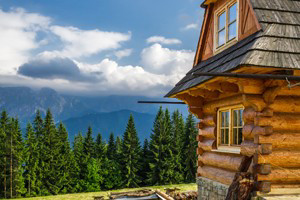- Parowan Gap was formed by erosion over millions of years
- The rock walls are decorated with petroglyphs by the Anasazi Indians who migrated through the gap seasonally
- Parowan Gap is located 16 miles north of Cedar City
- The Parowan Gap petroglyphs should not be touched as the natural oil from fingers causes a rapid deterioration of the rock art
Overview
Parowan Gap Utah was created millions of years ago when a large section of sedimentary rock was pushed upwards by the earth’s forces. A stream cut an initial path through the rock and the wind and rain continued the erosion to create a natural gap.
The Anasazi Indians who traveled seasonally through the area to harvest the desert resources left beautiful petroglyphs and rock art images of lizards, snakes, mountain sheep and human figures.
Walking through the gap is an awe-inspiring experience as the huge pillars tower upwards to the sky.
Location and Information
From Cedar City travel north on Main, or from I-15 take exit 62, and follow Hwy 130 for 13.5 miles. Turn east at the signpost for Parowan and travel 2½ miles to Parowan Gap parking lot.
Bureau of Land Management
176 E. D.L. Sargent Dr.
Cedar City, UT 84720
Call: 435-586-2401
Activities
- Photography
Visitors are welcome to photograph or sketch the petroglyphs, but the rock art should not be touched, to preserve them. - Walking
The petroglyphs are best discovered by walking through the Parowan Gap and stopping to admire the precise work of these Indians long ago.
Important Facts
It is important not to touch the rock art as the natural oil from fingers causes a rapid deterioration of the petroglyphs.
In ancient times the Parowan Gap was used to determine the seasons by seeing where the sun set in the gap.


